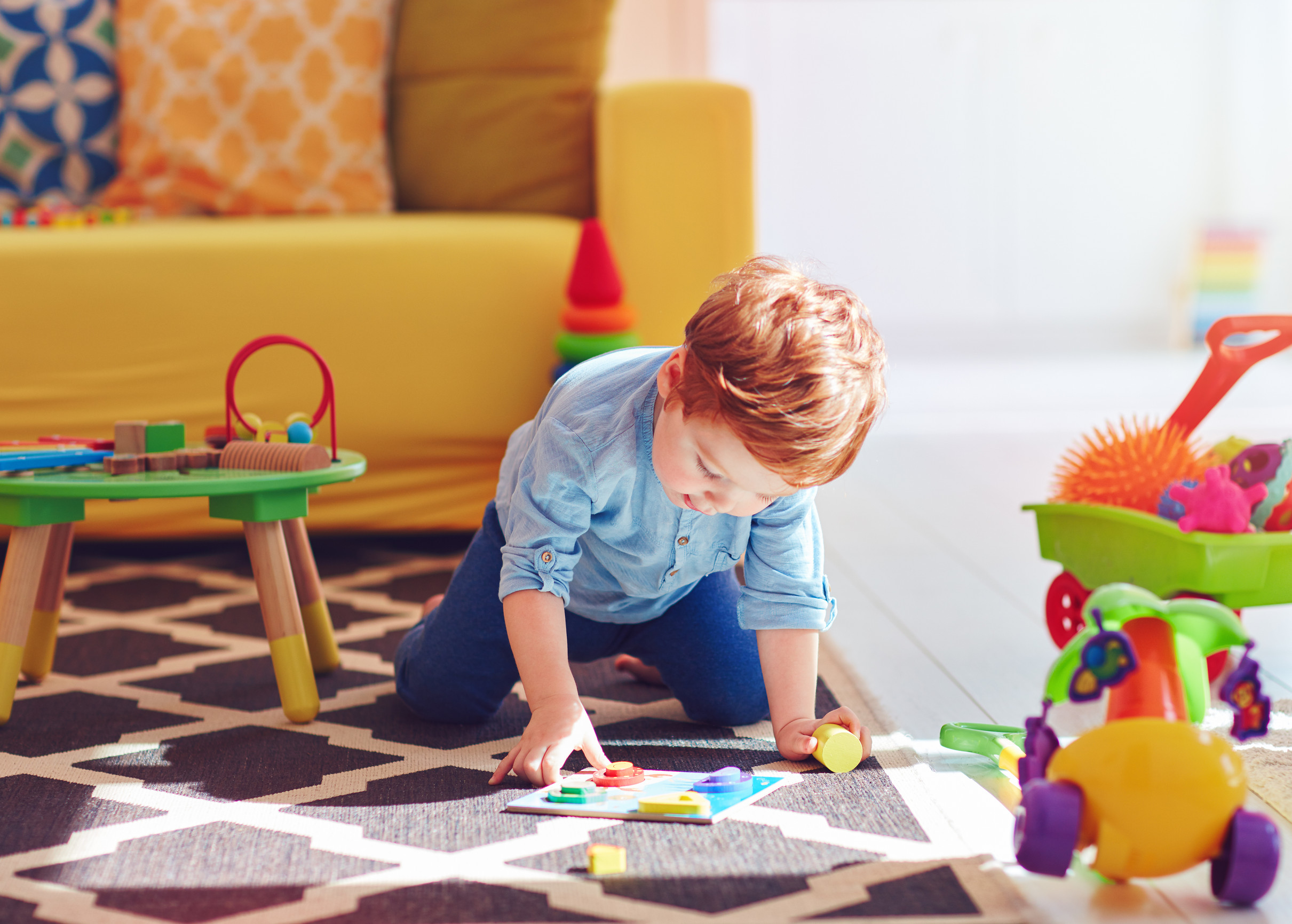Co-parenting isn’t just about dividing weekends and holidays—it’s about making daily decisions together that shape your child’s life. Whether you’re newly separated or navigating years of shared parenting, some conversations are too important to skip. Avoiding these topics can lead to misunderstandings, resentment, and confusion for everyone involved, especially the child. Productive discussions about co-parenting build trust, minimize conflict, and help kids feel secure. Here are six must-have conversations to ensure your co-parenting foundation stays strong, stable, and child-focused.
1. Parenting Styles and Discipline Approaches
One of the most essential discussions about co-parenting is how each parent handles discipline. Kids thrive on consistency, and wildly different expectations in each household can create tension and behavioral issues. Talk openly about your values around screen time, bedtime routines, homework, and consequences. You don’t need to parent identically, but finding common ground helps kids understand limits and responsibilities. When parents back each other up—even from different homes—children feel more secure and less likely to test boundaries.
2. Communication Expectations and Boundaries
Smooth co-parenting relies on clear and respectful communication, which means setting boundaries that work for both parties. Decide how often you’ll check in, whether you’ll use text, email, or an app, and what topics warrant a phone call. This is one of the most overlooked discussions about co-parenting, yet it’s crucial to avoid unnecessary tension. Agree to keep conversations focused on the child and steer clear of rehashing past relationship issues. Establishing communication norms early helps prevent misunderstandings and emotional flare-ups.
3. Handling New Partners and Blended Families
Eventually, one or both parents may start new relationships, which can add a layer of complexity to co-parenting. Discuss how and when new partners should be introduced to the child. What’s appropriate in terms of involvement, overnights, or attending school events? Talking about these topics before they become urgent keeps things from escalating. Open discussions about co-parenting through transitions create less confusion for your child and reduce the risk of resentment between households.
4. Financial Responsibilities Beyond Child Support
While child support may be court-ordered, there are plenty of everyday expenses that don’t fall neatly into legal guidelines. Think field trips, sports gear, birthday gifts, or braces. These gray areas can create friction if not addressed early. One of the most useful discussions about co-parenting involves how you’ll share or divide these extras. Being proactive about financial expectations helps avoid last-minute stress and shows your child that both parents are invested in their well-being.
5. Scheduling and Flexibility
Custody schedules are a starting point—but life doesn’t always follow the plan. Discuss how flexible each parent can be when things come up, whether it’s a family event, illness, or a school function that overlaps with the usual routine. Can you swap days occasionally? What’s the best way to make those changes without creating friction? Regular discussions about co-parenting logistics help reduce surprises and resentment, and show your child that their needs come first.
6. Big Picture Decisions About Education, Health, and Beliefs
Major choices—like where your child goes to school, whether they attend therapy, or how you’ll navigate religious or cultural traditions—require alignment. Even if you disagree, talking through these decisions calmly is critical. These aren’t daily parenting tasks but long-term choices that shape a child’s identity and sense of stability. Have ongoing discussions about co-parenting around these topics rather than reacting to a crisis. Planning ahead fosters trust and ensures both parents stay equally involved in shaping their child’s future.
Co-Parenting Isn’t Perfect, But Communication Can Be
You don’t have to be best friends with your co-parent. But if you can commit to honest, respectful conversations, you can create a system that truly works for your child. The most effective co-parents are the ones who stay child-focused, adjust when needed, and keep communication open—even when it’s uncomfortable. These key discussions about co-parenting aren’t always easy, but they’re always worth having.
What’s the hardest co-parenting conversation you’ve had—or still need to have? Share your experience or tips in the comments below!
Read More:
7 Ridiculous Demands That Make Co-Parenting a Nightmare
8 Legal Battles That Can Tear Apart a Co-Parenting Agreement









